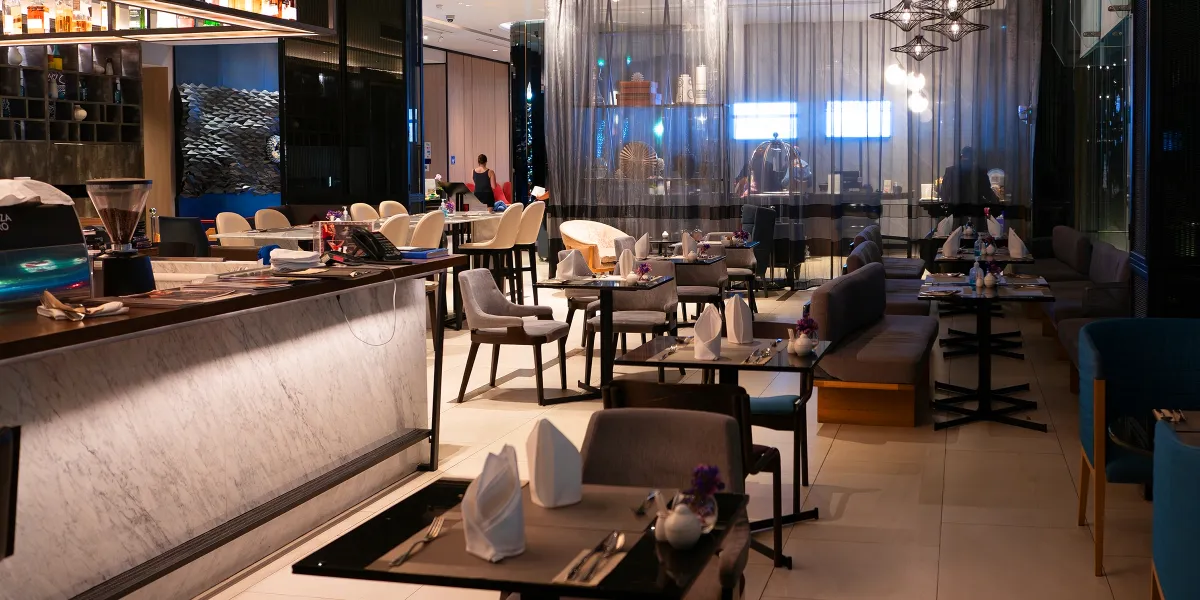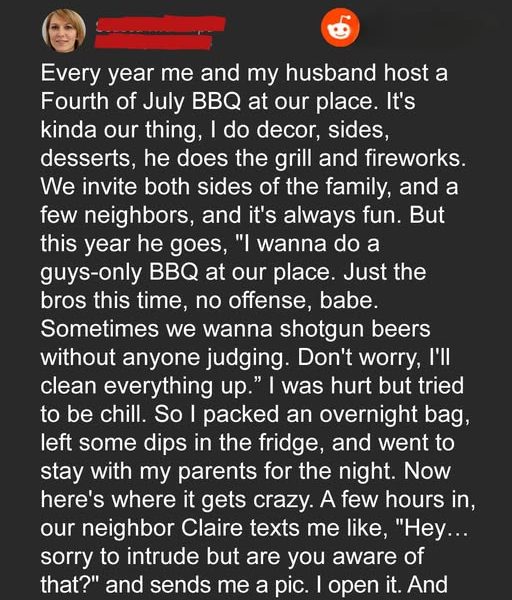After 15 years in the restaurant business, I thought I’d seen it all, until Lauren walked in, demanding a table by claiming she knew “the owner.” Her shock when I revealed I was the owner was pure gold. My grandparents built our restaurant with love and recipes from Portugal, and my parents made it a community gem. When I took over, I modernized it—new decor, updated menu—but kept the family’s heart, with old photos on the walls. My social media push made it a city favorite, with tables booked solid. I still work the floor, serving or hosting, because leading means staying hands-on.
One crazy Friday before Christmas, we were slammed—every table taken, the bar overflowing. I was helping my hostess, Emily, when Lauren and her five friends shoved forward. “Table for six,” she said, all charm. Emily said we were booked. Lauren smirked, “The owner’s my friend; he saves tables for me.” I asked which owner, but she waved me off, saying she’d speak to him later. I could’ve told her I was the owner, but her arrogance stopped me. I offered to call if a table freed up. She laughed, “You’ll be cleaning dishes after I talk to him!” Her friend snapped my photo, mocking my “server job.”

I chose to have a little fun. “My apologies,” I said, seating them in our VIP section. “First three drink rounds are free.” Lauren ordered expensive cocktails, handing over her card for “procedure.” They savored pricey dishes—lobster, truffle risotto—without checking costs, hidden on our VIP menu. They mocked me as a “lowly waiter” between bites, erasing my doubts. By midnight, their bill hit $4,400. Lauren gasped, claiming it was a mistake. I added a forgotten caviar order, making it $4,520. She demanded a discount, citing her “owner friend.” I slid my card across: “David, Owner.” Her face fell. “I’ve never met you,” I said. “Pay, or I call the police.” She signed, crying, as her friends scraped together cash. “Don’t fake friendships with the staff,” I said as they left. They walked out, lesson learned, and I felt justice was served.


